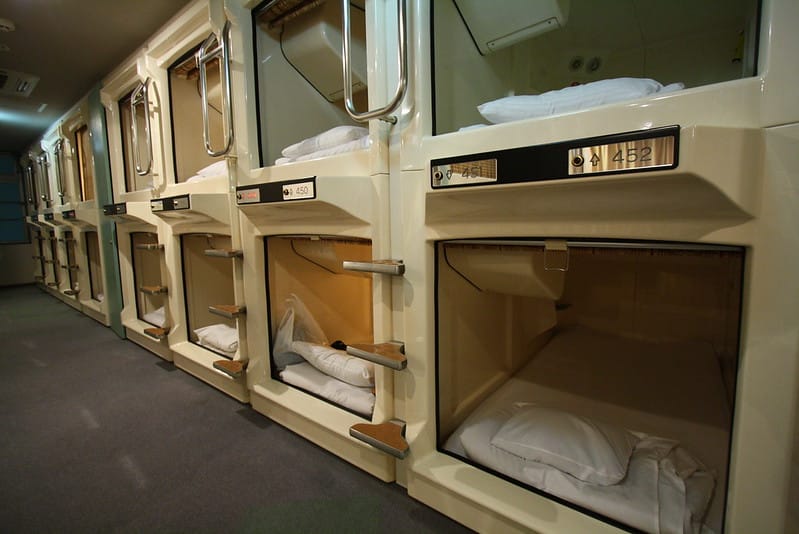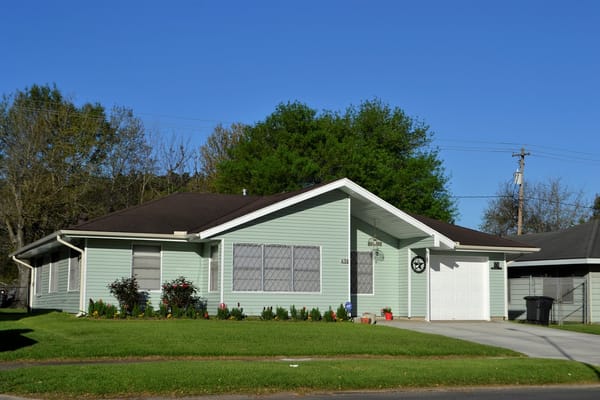San Francisco Startup’s $700-a-Month Pod Rentals Overwhelmed by Demand Amid Housing Crisis
A startup in San Francisco, Brownstone Shared Housing, is experiencing a flood of demand for its $700-a-month bunkbed-style "pod" rentals.

SAN FRANCISCO, CA - A startup in San Francisco, Brownstone Shared Housing, is experiencing a flood of demand for its $700-a-month bunkbed-style "pod" rentals. These pods, which are just large enough to fit a twin mattress and come with a privacy curtain, are located inside a converted downtown bank. For $700, tenants also get internet, utilities, and access to shared bathrooms and a kitchen. Despite the snug space—only 3.5 feet wide, 4 feet deep, and 6.5 feet high—demand has soared, with over 300 people applying for the remaining 17 pods, according to The Guardian.
Brownstone operates another shared housing location near Stanford University in Palo Alto. The pods have become particularly popular with aspiring startup founders, though the company emphasizes that it provides affordable living space to people from all backgrounds. In response to the city's housing crisis, Brownstone has even suggested converting the former headquarters of X (formerly Twitter) into low-income housing, taking advantage of recent zoning changes in California.
This type of communal living is not new to San Francisco. For years, “hacker homes” have dotted the city, housing broke startup founders and entrepreneurs eager to save money and make connections. However, some communal living spaces have faced controversy. Launch House, a shared living and startup accelerator, shut down in 2022 after an exposé uncovered allegations of misconduct and sexual assault.
Additionally, the culture surrounding some of these shared homes has raised concerns. In May, a viral Twitter thread described shared houses in the Bay Area with a focus on AI, likening the environment to a "fratty LSD version of 2008 Wall Street." The thread detailed unsettling experiences of women being pressured into uncomfortable situations within the AI-focused community, fueling concerns about the safety and inclusivity of these environments.
Brownstone itself has faced regulatory challenges. Last year, San Francisco flagged the company for converting an office space into a residential area without proper authorization. Although current tenants have been allowed to stay, new ones cannot move in until the city grants official residential approval, which Brownstone requested again this past July.
As San Francisco’s housing shortage continues, unconventional solutions like Brownstone’s pods illustrate the growing demand for affordable housing options in a city known for its high costs and intense startup culture.





